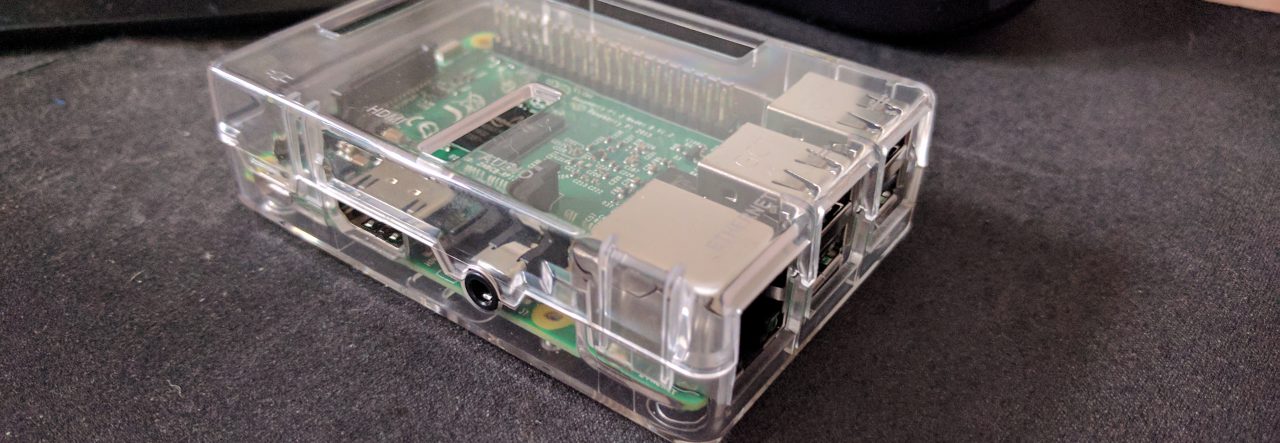Is it legal for law enforcement officers to track your location via GPS without a court order? By agreeing to hear the case of Antoine Jones, a man from Washington who was convicted on drug-related charges in 2008, that is precisely the question that the US Supreme Court has will most likely have to answer.
You see, a lot of the case against Antoine Jones traces back to GPS tracking information that was obtained by placing a GPS tracker on Jone’s vehicle. Jone’s lawyer is claiming “foul” in that he asserts that attaching a GPS tracker to a suspect’s vehicle is much like tapping a suspect’s phone…and phone taps require a warrant from a judge. This is a perfect case of technology progressing beyond what the framers of the US Constitution ever imagined.
As you may know, the Fourth Amendment protects individuals against unlawful search and seizure. One instance of this protection is seen in “phone taps” or “wire taps,” which require a warrant from a judge before they may be performed. A judge’s job is to ensure that law enforcement officers are requesting the phone tap because they have a reasonable suspicion of wrong doing…and not for any other reason (well, the REAL definition of this is a bit more specific, but I am generalizing here for the sake of brevity).
Well, Jone’s lawyer is asserting that GPS information tracking should be held in the same regard as phone conversations. Namely, that such information is private, and that only by the granting of a judge’s warrant should such tracking be allowed under the Fourth Amendment.
How the court rules on this issue is likely to impact all of us. At stake is personal privacy versus the ability of Law Enforcement Officials to be able to gather evidence against suspects.
My personal take (which is to say, my opinion only):
I personally believe that GPS tracking SHOULD require a judge’s warrant. I don’t believe that anyone should be allowed to “track” anyone else without their knowledge unless a judge has been convinced that there is probable cause of wrong doing. To me, the “secret” tracking of someone via a GPS tracker is akin to “stalking” a person…an action for which there are laws already in place for the public’s protection.
I should also point out that while this is my opinion, I also think that there is a problem with our legal system regarding the improper gathering of evidence. For example, if an officer gathers evidence in a manner where the authenticity of the evidence is not in question, but the legality of the evidence IS in question, then I think that the evidence should stand (that is, I think it should be able to be used against the defendant). An example would be where an office discovers a dead body in a suspect’s closet moments before a search warrant arrives. There is no disputing that there is a dead body on the suspect’s closet. Unless there is some question of somehow the body being planted in the closet, I think the evidence should stand and that the officer should receive appropriate consequences for his or her actions.
Again, just my two cents…
So keep an eye on this issue in the news. I certainly will be watching it.
References:

Comments are closed.